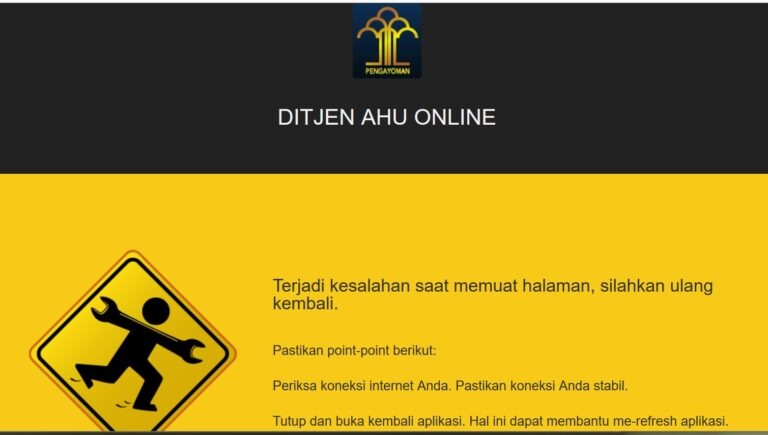Considering commercializing your property? Then you would need to set up a legal entity for this. A Pty Ltd or PMA as it is called in Bali and Indonesia. This is an easy process that Seven Stones Indonesia can take you through. Even if it is for residential purposes this may still be the best option.
If not, one can consider the Second Home option that Indonesia offers or a residential title such as Hak Pakai in once own name. You can find out the advantages of setting up PT PMA in this article. And here are some further steps so that one understand it needs a careful understanding to set up properly.
— Setting up a PT PMA (Perseroan Terbatas Penanaman Modal Asing) in Bali, or anywhere in Indonesia, involves several steps and compliance with local regulations. Here’s a general guide:
Understand the Legal Structure: PT PMA is a limited liability company with foreign investment. Make sure you understand the legal obligations and benefits of this structure. Many mistakes are done granting shares to people who may not inject capital and there is arguments on profits. A director must by law have a personal tax ID and tax residence to Indonesia.
— Determine Business Activities: Decide on the scope of your business activities. Certain sectors may have restrictions or require additional licenses. This is in Indonesian known as KBLI, each different KBLI require a 10 billion investment commitment.
— Reserve a Company Name: Choose a unique name for your company and reserve it with the Ministry of Law and Human Rights (Kementerian Hukum dan Hak Asasi Manusia or Kemenkumham). This must consist of 3 words and can be also English words.
— Prepare Articles of Association (AOA): Draft the AOA, which outlines the company’s structure, purpose, and regulations. It should comply with Indonesian laws and regulations. The important aspect here is to determine voting rights of shareholders and important decisions, how a director and commissioner may act on the shareholders behalf. We often also recommend to add on a shareholders agreement as this can be more detailed than the general deed but also need to be endorsed by a shareholders meeting to carry proper legal weight.
— Appoint Shareholders and Commissioners: Determine qualified individuals as shareholders and commissioner(s).
— Obtain Investment Approval: Apply for investment approval from the Indonesia Investment Coordinating Board (BKPM – Badan Koordinasi Penanaman Modal). Through the OSS Single Submission System.
— Obtain Deed of Establishment: Execute the Deed of Establishment before a notary public in Indonesia. This document officially establishes your company. Which is then registered with ministry of justice.
— Obtain Taxpayer Identification Number (NPWP): Register for NPWP at the Tax Office (Kantor Pajak) in Bali. This is necessary for tax compliance. Which is the single most important aspect of your business. Be diligent with your tax compliance.
— Obtain Business Identification Number (NIB): Apply for NIB at BKPM. This is required for business identification and licensing purposes. And is the soul of your company used for all future activities.
— Apply for Domicile Letter: Obtain a domicile letter (Surat Keterangan Tempat Usaha or SKTU) from the local government where your business operates. Your company must have an office. There is no such things as virtual office, there must be an address with sufficient space.
— Apply for Business License (Izin Usaha): Depending on your business activities, you may need specific licenses from relevant ministries or agencies. Indonesian business risk is divided in 4 different levels. Low, medium low, medium and high. The higher the risk the more complicated the permit process.
— Open a Local Bank Account: Open a bank account in Indonesia for your company’s transactions. This often requires a minimum deposit around a few million.
— Register with Social Security Programs (BPJS): Register director and your employees with BPJS (Badan Penyelenggara Jaminan Sosial) for health insurance and pension programs. This is compulsory and after taxes the second most important aspect of your business to be in compliance with.
— Compliance with Local Regulations: Ensure compliance with local regulations related to employment, taxes, and other legal matters. Many PMA’s run into taxation issues, labor issues, and other legal challenges.
— Post-Registration Requirements: Fulfill any post-registration requirements, such as annual reporting, tax filings, and compliance updates. As well as the quarterly LKPM or investment activity report.
It’s highly recommended to work with a local legal advisor or consultancy firm experienced in company registration and foreign investment in Indonesia such as Seven Stones Indonesia. We are ready to assist you so please reach out anytime.

















